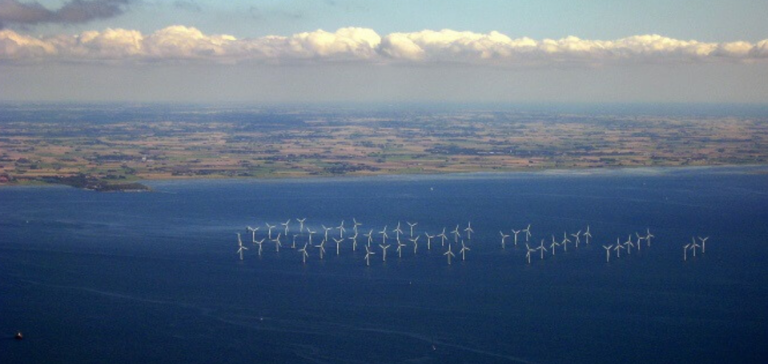In an effort to stimulate the offshore wind energy industry, the UK government has taken the bold step of raising the price cap for electricity generated by this energy source. This recently announced measure is designed to improve the profitability and, consequently, the attractiveness of offshore wind projects for energy providers.
Background to the last tender and subsequent failure
This significant increase in the price ceiling is a response to the challenges encountered during the last call for tenders in September, when no new offshore wind projects were awarded. This failure was described as politically humiliating, revealing the ignorance of sector warnings on the impact of inflation on development costs.
Details of the New Offshore Wind Tariff
The new tariffs represent an increase of 66% for offshore wind projects and 52% for floating wind farms. Increases have also been announced for other renewable technologies such as geothermal, solar and tidal power. These measures are part of a new call for tenders scheduled for next year.
Impact of Inflation and War in Ukraine on Project Costs
The rising cost of materials such as steel, aluminum and copper, exacerbated by the war in Ukraine, has significantly increased the development costs of offshore wind farm projects. However, energy companies had previously expressed their concerns, claiming that the previous cap was insufficient to guarantee the profitability of projects. This situation had even prompted the Swedish electricity group Vattenfall to abandon development of a major wind farm project off the UK coast.
The Impact of the New Tariff on Industry and the Energy Transition
These difficulties have dealt a blow to the UK’s renewable energy ambitions, particularly in the context of the new oil and gas exploration licences granted by the government. These authorizations, granted in response to the energy crisis caused by the war in Ukraine, highlight the tension between immediate energy security needs and long-term energy transition objectives.
Outlook and Future Implications for the UK Energy Sector
According to Greenpeace’s Doug Parr, the government’s decision represents a wise and necessary move to revive the ailing offshore wind industry. He also points out that, even with this price increase, offshore wind power will remain less expensive than gas, offering a viable solution for reducing household energy bills, boosting the country’s energy security, and cutting greenhouse gas emissions.
The UK government’s decision to raise the price cap for offshore wind power marks a potential turning point for the industry. It reflects a balance between current economic imperatives and long-term environmental commitments, paving the way for a renewed era of growth in the renewable energy sector.






















